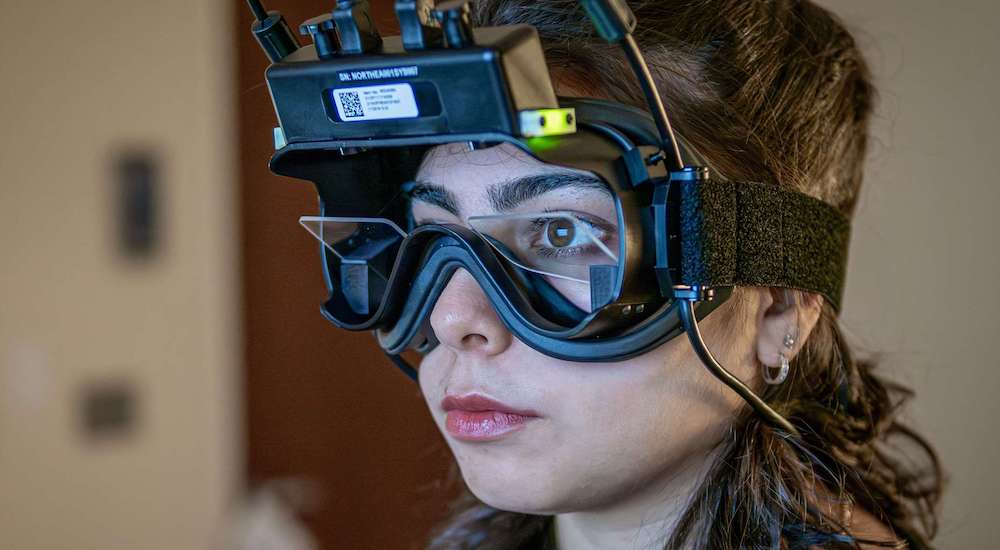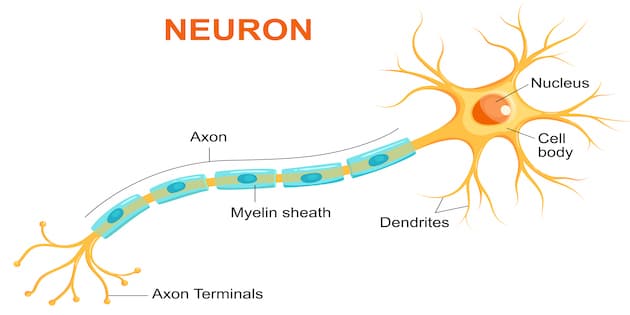Visual speech can benefit cochlear implant users
CI
Researchers working with the University of Nottingham in the UK have found that lip-reading may have a beneficial effect on the brain and on a person’s ability to hear with a cochlear implant, reports MedicalXpress.

Until now, it was generally believed that visual language is counter-productive for hearing restoration in patients who have received a cochlear implant because of interactions in the auditory brain regions. As a result, rehabilitative guidelines discourage the use of visual language such as lip-reading in these patients so that they focus only on the sound.
As part of their study, the research team included 15 profoundly deaf individuals and assessed cross-modal activation of auditory brain regions during a visual speech task (lip-reading) before cochlear implantation, and then 6 months after implantation. They used a brain imaging method called fNIRS (functional near-infrared spectroscopy).
The study showed, contrary to what was previously thought, that activation of hearing parts of the brain by lip-reading does not limit the ability of these brain regions to be activated by speech sounds and does not limit the ability to hear with a cochlear implant. In fact, increased activation by lip-reading could help achieve greater restoration of hearing following cochlear implantation. The results of the study were recently published in the journal Proceedings of the National Academy of Sciences.
Source: MedicalXpress; Anderson CA, et al. Adaptive benefit of cross-modal plasticity following cochlear implantation in deaf adults. Proc Natl Acad Sci U S A. 2017 Aug 14.



